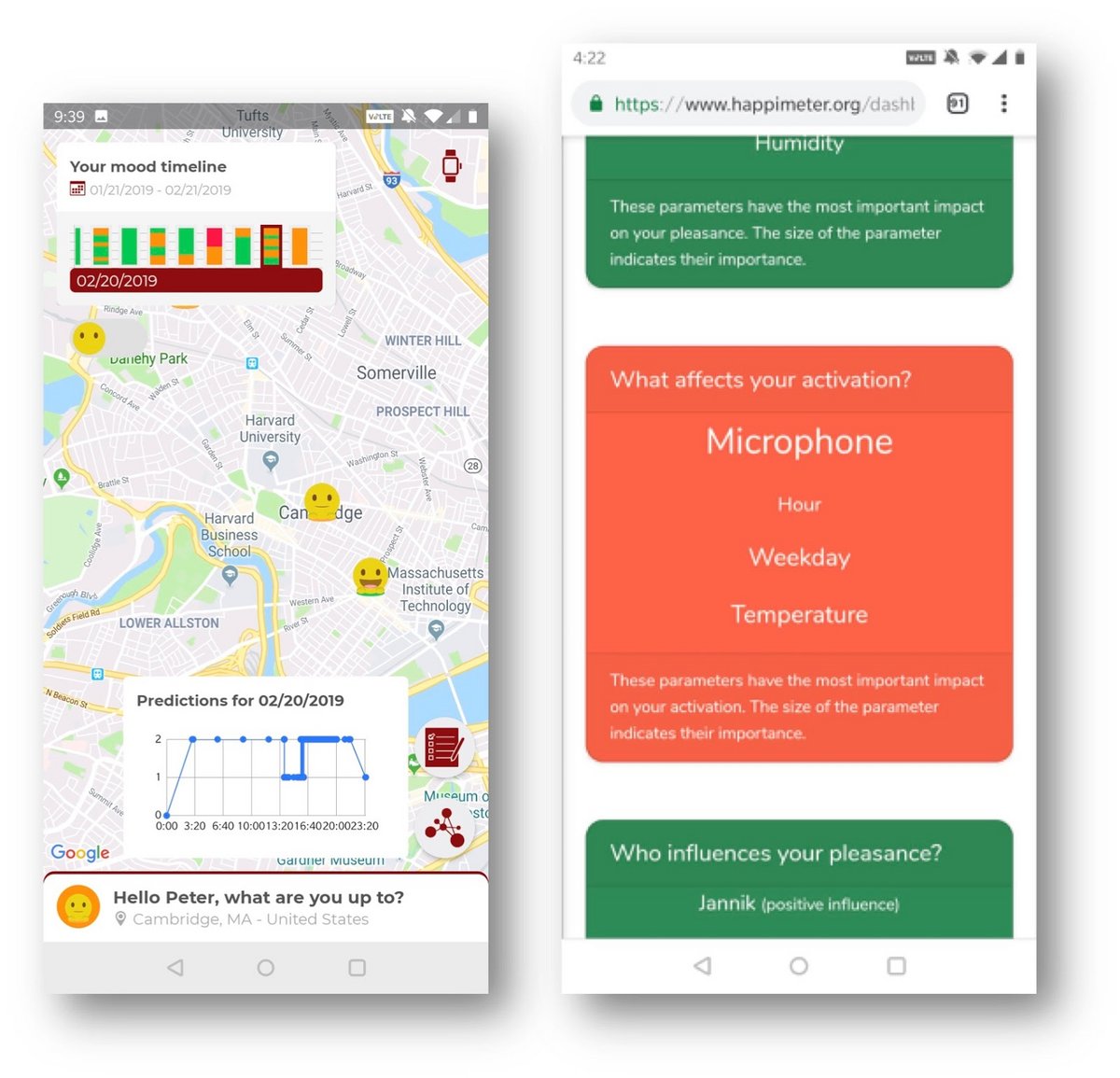Does Measuring Human Emotions Increase Happiness?
Time
Tuesday, 30. July 2019
10:30 - 11:30
Location
M629, University of Konstanz
Organizer
Martin Wikelski
Speaker:
Peter Gloor, MIT Centre for Collective Intelligence
View the recording of Peter's talk here
Peter A. Gloor is a Research Scientist at the Center for Collective Intelligence at MIT’s Sloan School of Management where he leads a project exploring Collaborative Innovation Networks (COIN). He is also Founder and Chief Creative Officer of software company galaxyadvisors where he puts his academic insights to practical use, helping clients to coolhunt by analyzing social networking patterns on the Internet – spot the next big thing by finding the trendsetters, and to coolfarm – increase organizational happiness, creativity and performance through workforce analytics.
Does Measuring Human Emotions Increase Happiness?
In our research we are developing a “Social Compass” that helps individuals navigate their emotional world, just like Google helps a person navigate the relational world of facts and science. Just like Google Maps shows where somebody is in the physical world, where they can go, and where the bottlenecks and traffic jams are, the “Social Compass” helps individuals navigate the social landscape of their emotions and the emotions of others. It tells individuals how others see them, and what they can do to be happier, and more collaborative and productive. It gives an individual a “virtual mirror” of their own communication behavior, and shows them how others see them.
The “Social Compass” is calculated based on an individual’s communication behavior, by analyzing an individual’s interaction with others through e-mail, social media, and individual body signals measured with a smartwatch. In the talk it will be illustrated by various industry case studies.
Research Questions
- Does knowing my emotions make me happier?
- How can such a system be productively deployed to increase collective happiness of organizations?
- How can it be used to increase individual and team creativity and “group flow”?
Peter A. Gloor, MIT Center for Collective Intelligence, pgloor@mit.edu

